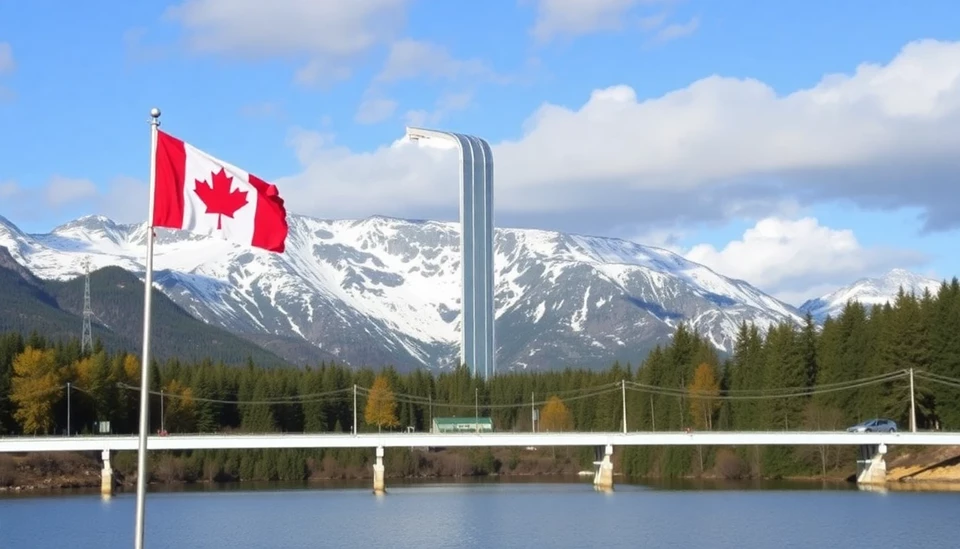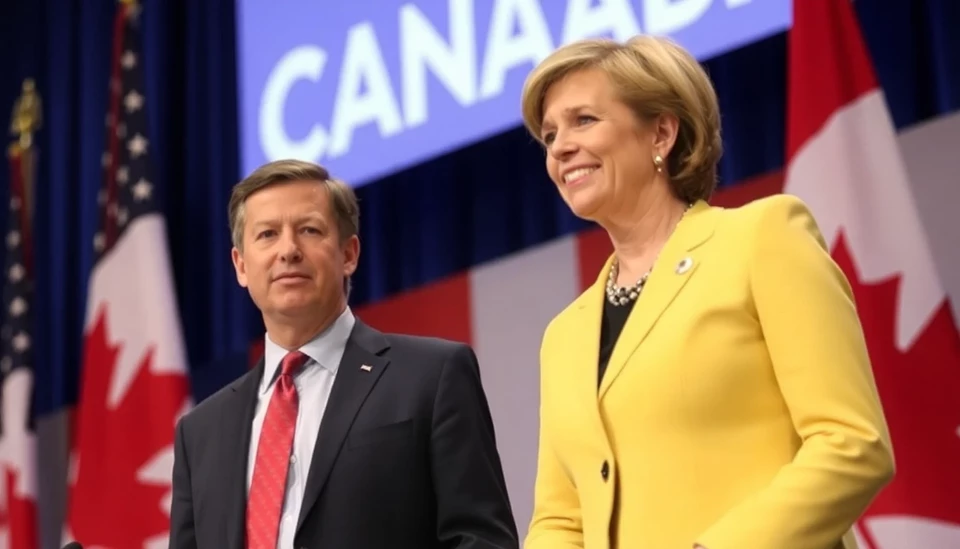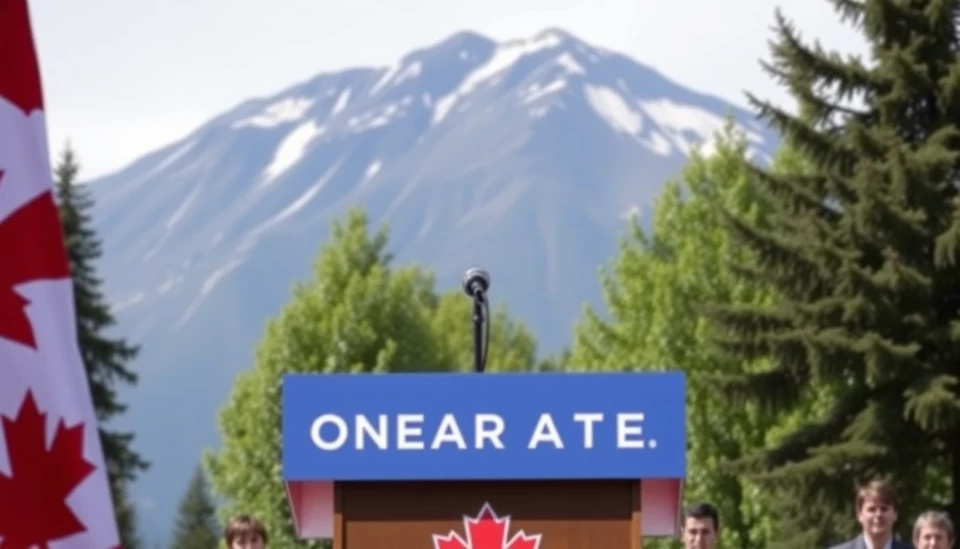
In a significant turn of events in Canadian politics, the future of the controversial carbon tax appears bleak following recent commitments made by former Bank of England governor Mark Carney. On January 31, 2025, Carney, who is seeking to vie for the leadership of Canada's New Democratic Party (NDP), pledged a comprehensive overhaul of the existing carbon tax framework, which has been a cornerstone of Prime Minister Justin Trudeau's environmental policy.
During a campaign event held in Toronto, Carney expressed his intention to scrap the federal carbon tax, a move that has electrified discussions around climate policies in the nation. His statement comes amid mounting pressure from various stakeholders, including provincial leaders and various sectors of the economy that argue the tax stifles growth without yielding significant environmental benefits.
Carney, who has been a vociferous advocate for sustainable finance and environmental accountability, stated that the carbon tax, originally designed to incentivize lower emissions, has become a point of contention and division rather than unity. “We need a better approach, one that fosters innovation and genuine investment in clean technology rather than punishing economic activity,” he argued echoing sentiments from several farming and industrial groups that have lobbied against the tax.
This shift in rhetoric signals a broader re-evaluation of how Canada approaches its climate goals, as many Canadians and business sectors express discontent with the financial burden posed by the carbon tax. Carney emphasized a desire for policy that not only aligns with environmental goals but also promotes economic growth and job creation, calling for “a new vision for a clean economy that works for everyone.”
As the NDP leadership race heats up, Carney’s stance has resonated with those who are skeptical of the tax's effectiveness. The proposed plans for reform include a potential pivot towards systems that could reward companies for adopting green technologies and compliance rather than imposing blanket taxation that critics say disproportionately affects middle and lower-income households.
While Carney’s proposals have drawn support from certain sectors, they have also ignited fierce debates among environmentalists who fear that scrapping the carbon tax could undermine Canada’s climate objectives. The carbon tax was initially introduced to meet Canada’s international commitments on greenhouse gas emissions under the Paris Agreement, which allows the country to keep its climate targets well within reach.
With the ongoing climate crisis, critics argue that abandoning the tax could revert Canada’s progress in tackling climate change. Environmental advocates warn that any delay or dilution of climate policy reflects a troubling trend that could impact Canada both environmentally and economically in the long term. Moreover, concerns are raised about how such a sweeping change could affect Canada’s reputation globally as a leader in environmental initiatives.
As the NDP gears up for a pivotal election cycle, Carney's promise to abolish the carbon tax could be seen as an attempt to attract more moderate voters while navigating the complexities of Canada’s climate strategy and the need for significant reductions in emissions over the next decade. Political analysts are closely monitoring how this proposition impacts not just the NDP's platform but also the broader Canadian political landscape as other parties will likely respond to this move with their own plans or counterarguments.
The fate of the carbon tax remains contentious, as stakeholders across the political spectrum brace for a heated discussion about the methods Canada employs to combat climate change, the economic implications of such measures, and how best to reach a consensus that aligns environmental sustainability with economic vitality.
#Canada #CarbonTax #MarkCarney #ClimateChange #Politics #NDP #Environment #Sustainability #EconomicGrowth
Author: Rachel Greene




